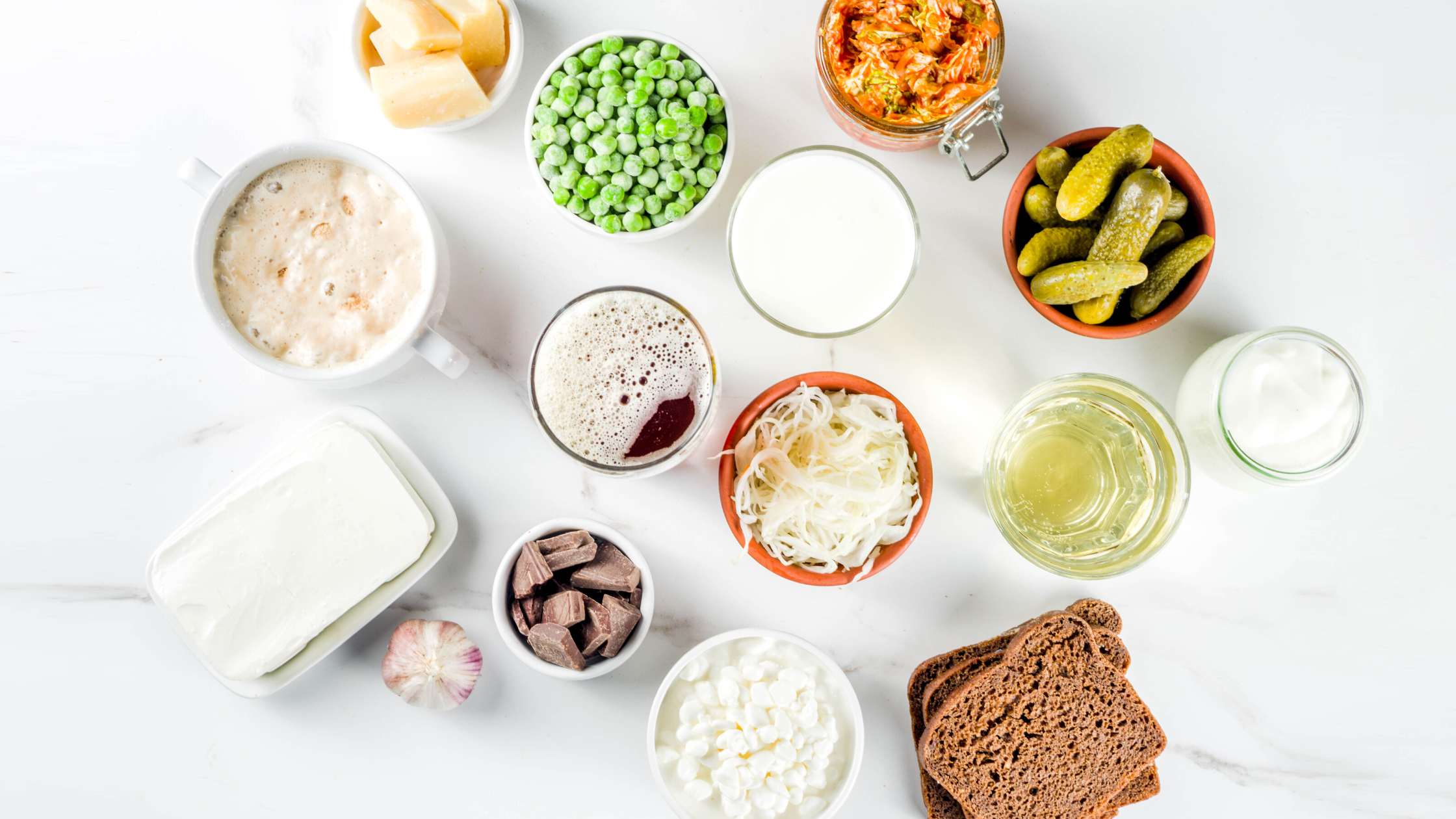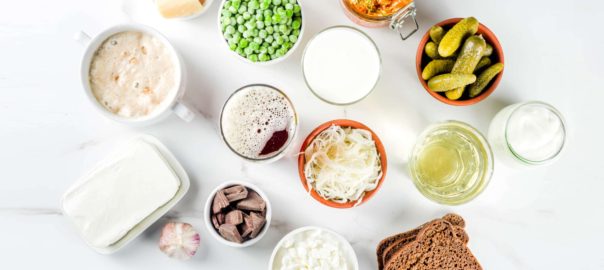Your gut doesn’t lie. It gives you that “gut reaction” when something isn’t quite right; it growls when you’re hungry, and a stomach upset is sometimes the first symptom of something amiss in your body. Indeed, your gut may be the most forthcoming part of your body, unable to mask the symptoms when something is wrong – and that’s a good thing.
Gut or digestive issues can be temporary (you went overboard on Mexican food last night), but for many people, they’re chronic, disruptive, and painful. And if you and your doctor have already ruled out other potential conditions that may be causing the problem, you’re probably wondering why the bloating, constipation, flatulence, and other irritating issues won’t let up. Collectively, this set of symptoms is usually diagnosed as IBS, or irritable bowel syndrome, and about 60 million Americans suffer from it.
Why Your Gut Needs Love
When we talk about your “gut,” we’re referring to your entire digestive tract. Along the path, through the stomach and small and large intestines, anything you ingest can either nourish or degrade the digestive organs. Your gut must assimilate nutrients, prevent toxins from permeating cells and move everything along in a timely fashion.
So if you think of the gut as being the “custodian” of an organism – sweeping out the debris to make sure things don’t rot, fester or cause disease – you can see why the rest of your body will suffer if your gut can’t do that quickly and efficiently.
Many experts in the medical community believe that true health starts in the gut. Digestive issues can affect the body as a whole, contributing to everything from allergies and acne to IBS, liver disease and even cancer. Your gut also shields your immune system, so when it’s compromised, you’re more vulnerable to becoming sick.
Dietary imbalances (too much sugar, processed foods, overeating), medication use, mineral deficiencies and even stress can also change the balance of bacteria in your digestive tract, leaving you susceptible to a host of different health conditions.
How to Support Your Gut 
So how do you keep your gut healthy and efficient? It starts with some basic dietary changes. Additionally, a few high-quality supplements can complement this process:
1. Give GMOs the Heave-Ho.
You know that GMOs (genetically modified organisms) are a no-no, but what you may not have heard is that they have the ability to wreak havoc on your gut. Up to two-thirds of the processed foods on grocery shelves in the United States have genetically modified ingredients. And the GMO Project Organization [or is it Non-GMO Project] estimates that might be as high as 80 percent. There is evidence that exposure to GMOs can increase risk for gluten intolerance (which can manifest as various gut-disturbing symptoms). Opt for whole and organic products and you’ll avoid GMO exposure.
2. Pass on Dairy.
If you’re one of those people who make a beeline for the cheese plate, it will be no surprise that dairy can be addictive. Caseomorphins – a cousin of morphine or heroin – are protein fragments that come from the digestion of the milk protein, casein. In addition to making you want more, casein can be highly disruptive to your body. It raises cortisol and contributes to leaky gut syndrome – a condition that includes vague symptoms like bloating, cramps, gas, and food sensitivities.
3. Probiotics, Please.
While antibiotics are designed to kill off harmful bacteria, probiotics do just the opposite – they keep your insides flourishing with a healthy colony of good germs. Since stress, diet and some medications can upset this balance, it’s important to refuel with probiotic-rich foods like sauerkraut, miso, pickles, tempeh and kombucha (avoid those sparkling probiotic drinks unless they’re naturally low in sugar). You can also take probiotic supplements, which help chronic digestive issues and conditions like IBS.
4. Water, Water, Everywhere.
If you think of your entire digestive tract as like one big Slip ‘N Slide, you can see why lack of water is a problem. Water is the life-giving force that makes up about 60 percent of our bodies. It moves things along in your gut and helps sweep away toxins through your urine and feces. Need I say more? Drink up.
5. Get Tested for Food Allergies.
Food allergies can lead to inflammation in all areas of the body, but especially in your gut. You can try the elimination method with certain foods to see if your digestive issues clear up, but it may also be worth getting an allergy panel test done by your doctor. Knowing you’re allergic to casein, for example, could offer invaluable insight about how to change your diet for the better.
6. Fill Up With Fiber.
Fiber isn’t just the magic solution for constipation. It helps to remove toxins, it keeps things moving and it protects your digestive tract from inflammation, injury and disease. An added bonus of fiber? It can curb your appetite by keeping you full.
If you’re thinking, “I’ve done all of these things, and my gut is still giving me grief,” you’re not alone. In that case, it may be helpful to try a detox or supplement program specifically aimed at cleansing your digestive organs. I offer two kits, My Gut Needs Love or My Gut Needs Advanced Love, that are designed to calm inflammation, remove toxins and give your gut the TLC it needs to become shiny and clean again.
While gut problems are indeed common, don’t just assume you have IBS if you’ve had long-lasting symptoms like cramping, pain or diarrhea. Sometimes digestive disturbances can indicate gallbladder, liver or kidney problems. If dietary changes or cleansing doesn’t alleviate your symptoms, it’s best to see your doctor to determine if there might be an underlying issue.
Sara Gottfried, M.D. teaches women how to balance their hormones naturally so they can rock their mission. She is a Harvard-educated physician, speaker and New York Times bestselling author of The Hormone Cure (Simon & Schuster, 2013). She is board-certified in Obstetrics and Gynecology, and is regularly featured in magazines such as Cosmopolitan, Glamour, Redbook, O Magazine, and Yoga Journal, and TV including The Ricki Lake Show and 20/20. Known for effortlessly blending the seriousness of women’s health with playfulness and humor, Dr. Sara’s mission is to help women lose weight, feel great and vital from their cells to their soul.
She is co-hosting a free live video event on September 3, 7 Power Habits to Double Your Detox and Weight Loss





